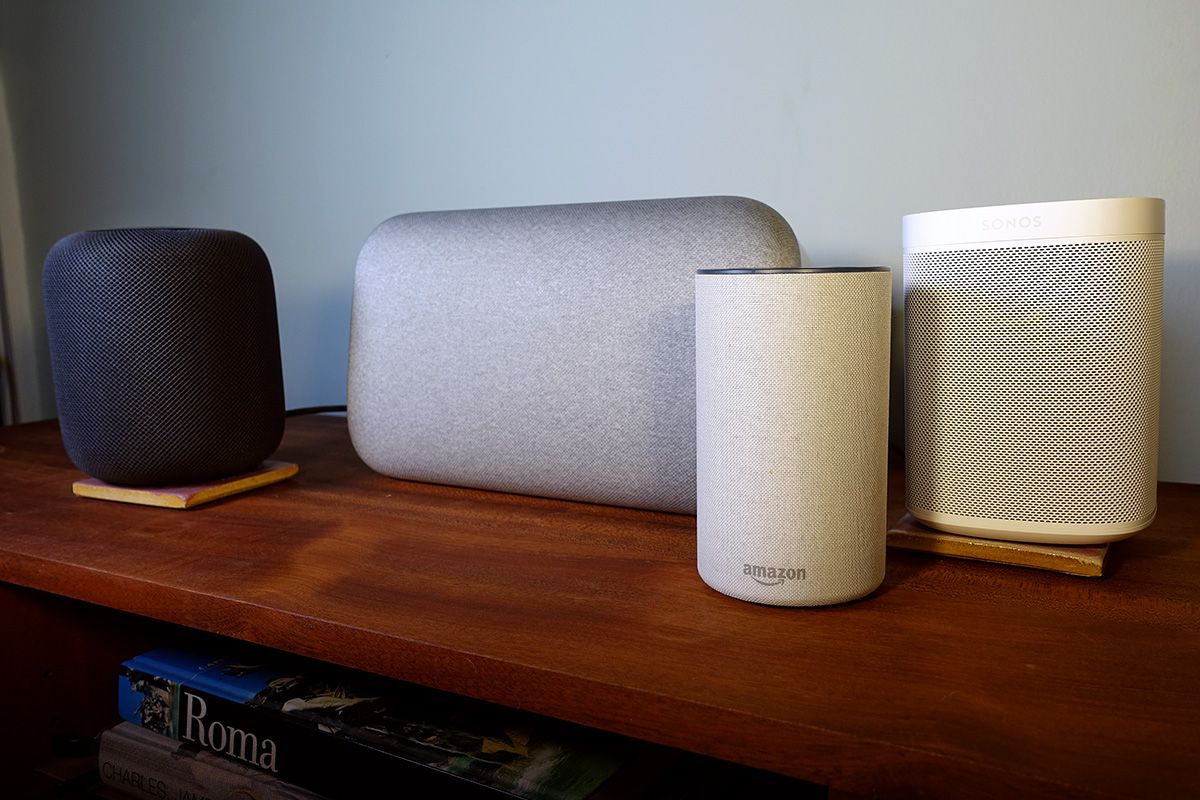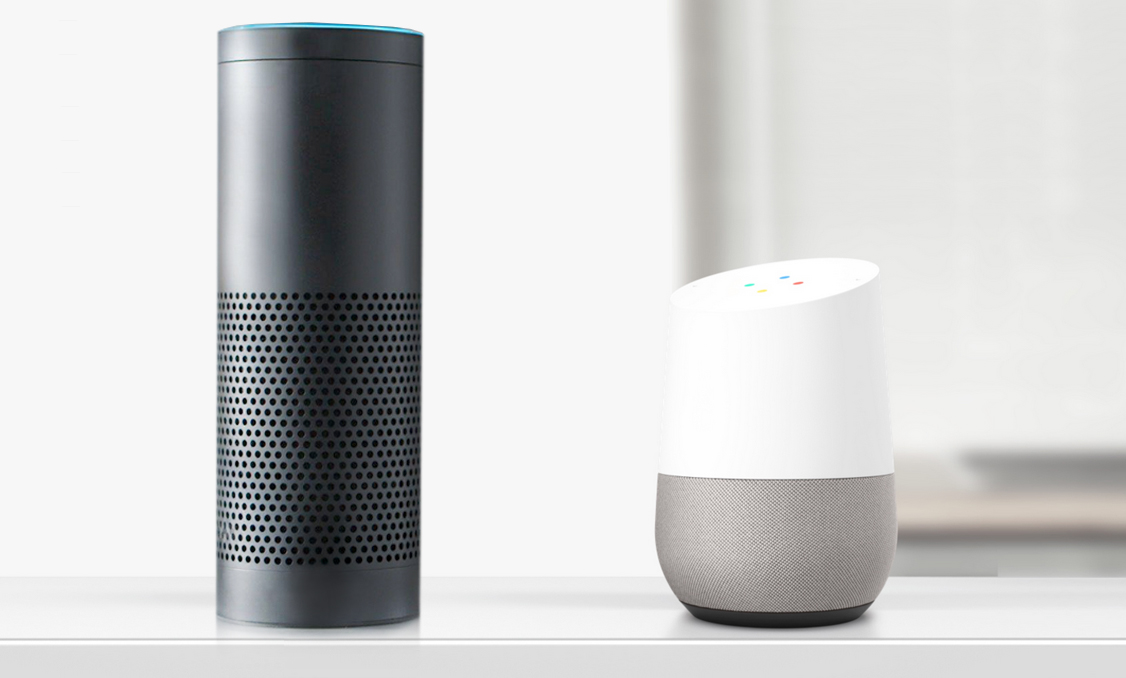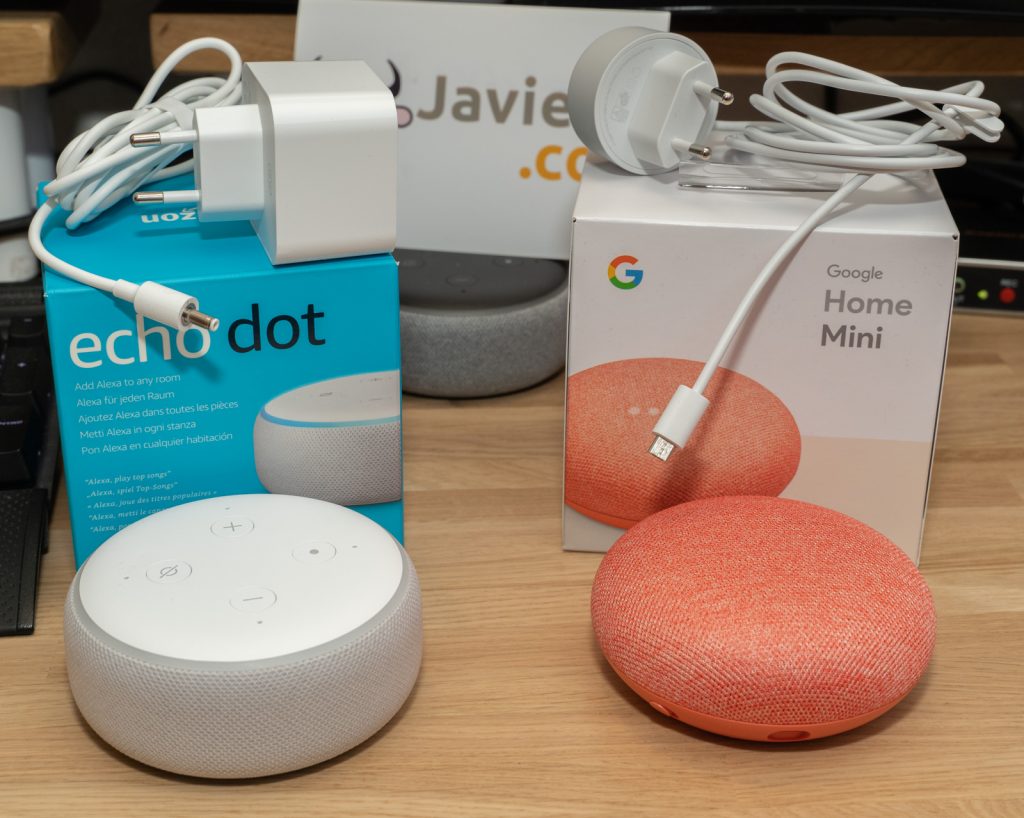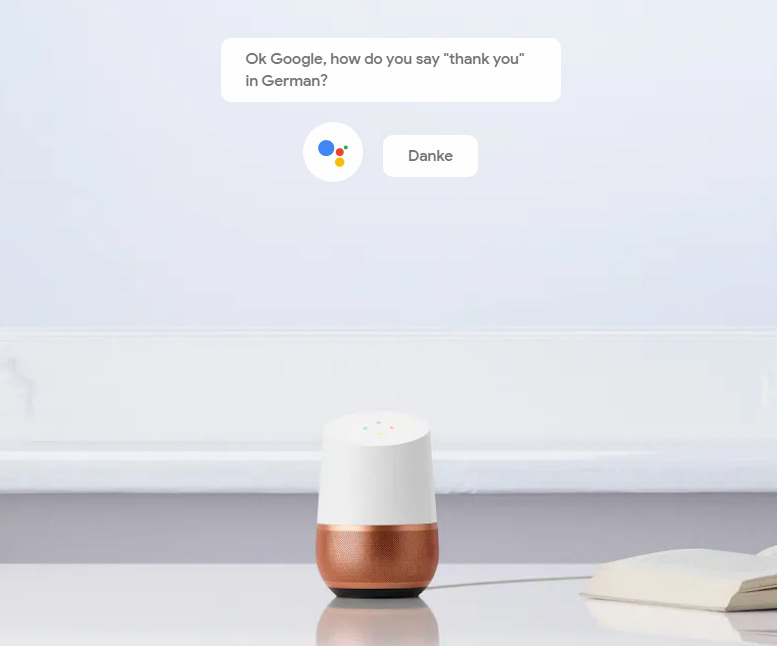Table of Content
- Amazon Echo 4th Gen
- Amazon Echo vs. Google Home: Which works best with your Apple products?
- Amazon Echo vs Apple HomePod vs Google Nest: sound quality
- The Best Smart Home System
- Apple Siri vs Amazon Alexa vs Google Assistant: Tests reveal which is smartest
- Can Alexa drop in on Google Home?
- Amazon Echo versus Nest Audio versus HomePod Mini specs at a glance
However, if you're using the Nest Hub Max, and have the Look and Talk feature turned on, you can issue commands to your Google Assistant without the need for a wake word. All you have to do is look at the Nest Hub Max and start talking. The questions are typical ones an adult might think to ask a phone, such as, "Where is the nearest coffee shop?". The questions are designed to test each system's ability to provide accurate information about local things, businesses, navigation and information, as well as execute commands. The Google Assistant also lets you make phone calls, but it won’t let you send text or audio messages without using IFFT . However, unlike Alexa, the Google Assistant will let you make international calls using a Google Fi account or Google Voice account.
This makes Google Home similar to Sonos’ speaker systems, with the added benefit of voice-command technology. The HomePod is the Macworld favourite, and if you’re an Apple user with an iPhone and or iPad then it makes a lot of sense to stay in the ecosystem. You won’t be disappointed with the design, build or sound quality. Siri was previously a long way behind rivals but has improved a lot since the speaker first launched.
Amazon Echo 4th Gen
The increased competition will almost certainly lead to even better products from all those involved, which is a win-win for consumers. Not surprisingly, Apple Music and Siri both play a big part in what makes HomePod tick. With Apple Music integration as one of the HomePod's best features, users will have access to over 40 million songs from over 2 million artists. Google Home also has a smart home component similar to what you’ll find on the Echo.

It also integrates with Nest appliances, allowing you to, for example, set the temperature to 70 degrees Fahrenheit in specific rooms in your home. While the Google Home Max is the most impressive speaker when it comes to sound quality, it’s very bulky and expensive so the Echo Studio is a a more well-rounded option. If you can only afford the entry-level devices, and music remains a top priority for you, go for the Google Home Mini, which sounds a lot better than the Echo Dot. Unless you hook up a Dot to another speaker over Bluetooth or the 3.5mm jack, it's just too thin and harsh to fully enjoy. Like the Echo Dot, the speaker is puck shaped, if a little more pebble-like with softer edges, and has a top side covered in a fabric speaker mesh.
Amazon Echo vs. Google Home: Which works best with your Apple products?
Presumably, it will act in a similar fashion to the Home, letting you ask Siri to play songs on the Bose speakers in your dining room. If you’re looking to stream Spotify on a HomePod, forget it. You’ll have more flexibility with Echo and Home devices, which are compatible with Spotify, Pandora, and most other major services. A smart speaker is so called becuase it can do a lot more than simply play music. With integrated microphones and internal hardware, you’re able to speak to these devices and have them talk back. An Apple Music subscription is £9.99/$9.99 a month but you sign up to get afree trial.

The best HomePod mini feature is the great sound that you get in such a small package. Since Apple is still new to the smart home game, Siri is compatible with the fewest number of smart home devices. While Apple does not say exactly how many smart devices work with Siri, the company’s website only shows around 600 devices that work with the HomeKit, Apple’s smart home system. Since Google has a lot of experience answering questions with its search engine, it’s no surprise that the Google Assistant provides more detailed and informative answers.
Amazon Echo vs Apple HomePod vs Google Nest: sound quality
Google Home works with Philips Hue, Samsung SmartThings, TP-Link, IFTTT, and more. There’s also compatibility with other Alphabet products, including Google Chromecast and Nest. In terms of language support, both devices support American and British English, though Alexa can also recognize German and Japanese, and certain Alexa skills can translate in over 30 languages. Similarly, GoogleHome can understand English, French, German and Japanese, though switching between each language isn’t an automatically recognized feature yet. Google has also mentioned that it plans to support over 30 languages by the end of 2018. Both the Echo and Home also utilize microphones with far-field technology.

He also covers the Tech Explained, Work & Career, Security, and Social Media sections from time to time. When he's not neck-deep in exploring the latest tech innovations, he's probably seeing a TV show. However, you'll enjoy seamless integration with a large array of Google branded smart home systems. Google home integrates easily with smart gadgets like Chromecast, Nest Cam, and the Nest Doorbell.
The Best Smart Home System
Apple’s HomePod is a very distant third in the race for smart speaker superiority. It’s definitely a great sounding Bluetooth speaker, but it doesn’t have the functionality that the Echo and Home devices currently have. Of course, when the Google Home started out, we said the same thing. Both the Echo and Home devices let you set up different household profiles so you can switch between users, which is very useful if you and your loved ones have different tastes in music.

We’ve already explained above that Google Home slightly lags in third-party smart device support when compared to Alexa. Although it’s closing the gap, this is still a major factor that’ll affect which one you pick. We tried each assistant in our daily life and got them running our lights and plugs, and we sifted through the prices, specs and capabilities of each option and its range of speakers too. Thanks to AirPlay 2, you can add HomePod devices to multiple rooms. And these speakers can communicate with one another so that you can play your music all around the house. Google Home isn’t going to win any design awards thanks to its funny exterior that looks like a two-toned air freshener.
PCMag.com is a leading authority on technology, delivering lab-based, independent reviews of the latest products and services. Our expert industry analysis and practical solutions help you make better buying decisions and get more from technology. I’ve been PCMag’s home entertainment expert for over 10 years, covering both TVs and everything you might want to connect to them.

The Echo Dot has an intercom feature that you can use to call other Echo devices throughout your home. You can also make announcements that will reach every Echo device in your home, so instead of yelling that dinner is ready, you can simply ask Alexa to relay the message. HelloTech editors choose the products and services we write about.
Plus, you have to consider the products that you already use regularly. For example, if you have an iPhone, getting a HomePod smart speaker might make more sense for you. Or, if you already use YouTube, Google Maps, and Google Calendar, then choosing the Google Assistant is a good idea. Finally, if you are mostly using a smart assistant for controlling your smart home devices, then Alexa is probably the best choice for you. The whole point of these devices is that you can interact with them with your voice – so it makes sense that the voice recognition will need to be pretty good.
Think about how well existing Google services integrate with Apple products today and simply the Google Home connects those same services. Each of these smart speaker ranges are packed with the best features. If sound quality is a selling point for you, then we would recommend the HomePod Mini. Between these two devices, the HomePod Mini had a crisper sound and was a clear winner.
Apple's HomeKit tilts towards a direction different from what Alexa and Google Home ecosystems offer. It is less concerned with countertop supremacy and wide coverage and more focused on security and reliability. As a result, the HomeKit ecosystem is somewhat limited, reminiscent of Apple's traditional closed-door policy towards innovation. Also, unlike Alexa, you can't change Google Assistant's default wake word. "Hey, Google" and "OK, Google" are the only available options and are available for use by default.

With that in mind, there aren’t many things that set the ranges apart from each other – they all offer similar experiences and features for a reason. Apple is currently only offering one smart speaker after discontinuing its original HomePod in 2021. Now the Apple HomePod Mini is available for $99 / £99 / AU$149. Although Siri is a robust voice assistant, it doesn't exactly meet the standards we've come to expect from Apple products. Google Home's ecosystem trails Alexa in the number of supported devices.

No comments:
Post a Comment